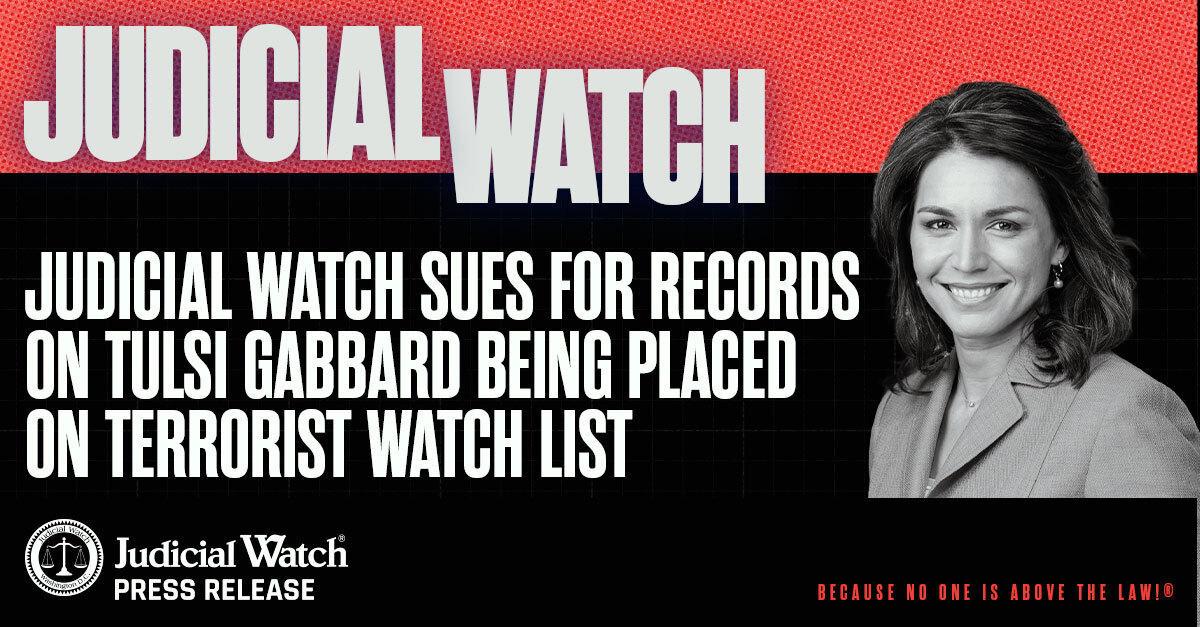

The Mayor, the Rat, & the NYPD


The Christmas season in New York City truly is a wonderful time. Everyone seems caught up in the spirit of giving, even the crooks. This year, Christmas brought a special gift: the denouement of the long-running saga of the mayor, the rat, and the NYPD. Once, in an only-in-New-York moment, the rat and a key co-conspirator, both Orthodox Jews, dressed as Santa’s elves and delivered pricey gifts to police officials at the center of a corruption scheme. Then there was the time they flew an NYPD deputy inspector and a detective to Vegas in a private jet with a hooker for Super Bowl weekend. And the time the rat shoved $60,000 in a Ferragamo handbag to pay off a union boss. They showered cash on public officials. They bought their police friends jewelry, cigars, and meals at pricey restaurants. They paid for trips to Rome and Israel and the Dominican Republic.
In return, the NYPD did favors for the rat, Jona Rechnitz, and co-conspirator Jeremy Reichberg. In a midtown office, the New York Times reported, Rechnitz and Reichberg met with “people seeking help with police matters.” The men would later “split the profits” after the problems were resolved. Tickets were fixed, jury duty was avoided, problems with business rivals and city officials went away. Reichberg got a license to carry a gun. Rechnitz was provided with high-speed police escorts to the airport. Police closed a lane in the Lincoln Tunnel to whisk a Rechnitz business associate into Manhattan.
Cash was bestowed on Bill de Blasio’s political campaigns–a lot of it. “Love you brother,” wrote de Blasio in an email to Rechnitz the day after his 2014 inauguration as mayor. And why not? Rechnitz himself had been showing de Blasio a lot of love, bundling more than $41,000 for the mayor’s campaign. And there was a lot more to come. The New York Post reports that Rechnitz and his allies raised upward of $250,000 for entities linked to de Blasio.
Last week, Reichberg was convicted in federal court on four corruption charges. His former friend, Jona Rechnitz, testified against him. Rechnitz had begun cooperating with federal authorities in April 2016, after being implicated in a $12 million Ponzi scheme. In August, Rechnitz’s testimony sent another former friend, union boss Norman Seabrook, to prison for bribery and conspiracy.
It’s a mock epic of petty vanities and temptations and the erosion of values, of greed and corruption and the flouting of many laws by many people in positions of power. Alan Feuer tracked the sprawling saga for the New York Times in April, detailing a “Dickensian cast of characters” connected in an “intersecting web of venality and vice.” Bill de Blasio shows up frequently but was charged with no wrongdoing. Lucky him.
Reichberg’s co-defendant, former NYPD Deputy Inspector James Grant, was acquitted on all charges. In Grant’s case, prosecutors apparently failed to meet the public corruption standard set by the Supreme Court’s 2016 McDonnell decision. McDonnell narrowed the legal definition of public corruption, mandating that prosecutors must show a clear quid-pro-quo “official act” benefiting a crooked scheme. Actions such as “setting up a meeting, talking to another official, or organizing an event” are not enough, the court ruled. “To qualify as an ‘official act,’ the public official must make a decision or take an action on that question or matter, or agree to do so.”
Mayor de Blasio has spent the last two years running away from Reichberg and Rechnitz. In March 2017, city and federal prosecutors announced they would not bring charges against de Blasio for his fundraising practices, some which involved the crooked duo. But Manhattan District Attorney Cy Vance criticized the de Blasio effort as a violation of the “intent and spirit” of state campaign finance laws.
Last month, the Post revealed that it had located more than twenty undisclosed emails between Rechnitz and the mayor. The de Blasio administration had failed to produce the emails in response to the Post’s request under New York’s Freedom of Information Law. A de Blasio spokesman told the Post that the emails–some of which surfaced in redacted versions during the recent corruption trial–“weren’t discovered in the search during the FOIL process.”
How convenient.
The new emails show that de Blasio “had a much cozier relationship with Jona Rechnitz than he has admitted,” the Post reported.
“Always stay in touch,” de Blasio emailed Rechnitz.
“Call upon me anytime I can help,” says another.
Rechnitz is a “brother,” a “mensch,” a “friend.”
Sadly, the bromance did not last. By April 2016, as Rechnitz began cooperating with federal authorities, de Blasio started to distance himself from his friend. It turns out they were “not particularly close” after all, de Blasio said.
By October of last year, de Blasio was blasting Rechnitz as “a liar and a felon.”
The mayor and the police commissioner continue to run away from the story. But for the NYPD, it’s an important case. Read Feuer’s comprehensive report for the galaxy of senior cops drawn into the scandal.
But the case calls to mind the Knapp Commission’s famous distinction between “grass eaters” and “meat eaters” in police corruption. Most of the improper behavior in the case was of the grass-eating, petty corruption variety–favors done, tickets fixed, etc.–rather than major league, meat-eating felonies committed for financial gain. Maybe that’s why most of the cops involved were allowed to escape with “only” disgrace, demotion and early retirement. But corruption is a slippery slope and God knows what this crew would have done next, had they not been exposed by good police work.
The money was bigger for politicians involved in the scandal. Bill de Blasio took a beating in the press, but avoided prosecution. Union head Norman Seabrook was not so lucky. The slippery slope applies to public figures too, of course. Small crimes embolden bigger ones. What can you get away with? In New York, defying freedom of information laws has become routine. And around the country, McDonnell has made prosecuting public corruption more difficult, raising the bar on honest services fraud.
***
Micah Morrison is chief investigative reporter for Judicial Watch. Follow him on Twitter @micah_morrison. Tips: mmorrison@judicialwatch.org
Investigative Bulletin is published by Judicial Watch. Reprints and media inquiries: jfarrell@judicialwatch.org















